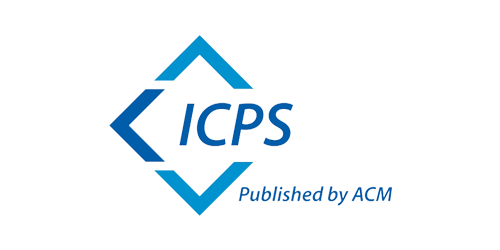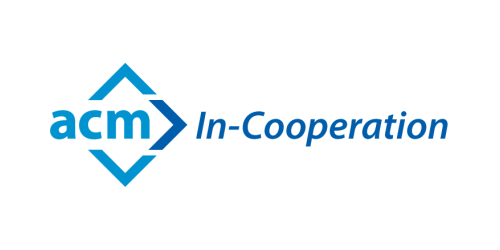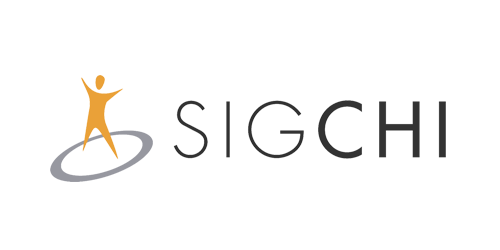We invite proposals for workshops to be held at Audio Mostly 2017. Selected workshops will take place either during the main conference (23-25 August) or on the following day (26 August) according to the program and workshop organisers’ preferences. Workshops provide an opportunity for delegates to interact in a context of shared interests and focused discussion. Workshop participants are likely to network in meaningful ways whilst addressing issues of research, practice, or education, and generating ideas for creative applications.
We encourage proposals for two different kinds of workshops: hands-on/interactive workshops and regular workshops.
Hands-on/interactive workshops promote a structured communal activity to help build community participation and interaction amongst delegates.
Hands-on/interactive workshops should enable communal knowledge exchange through group-based activities (e.g. doing, making, hacking, sharing). Contrary to regular workshops (see below), this type of workshop should not take the shape of oral sessions where authors present papers. Short presentations or tutorials from organisers, invited speakers and participants can be included but to lead to a communal activity or reflections. For instance, hack sessions could be preceded by presentations of e.g. physical computing tools, Application Programming Interfaces or demos. We encourage to share the outcome of the activity amongst workshop participants.
Regular workshops should provide a forum for presentations and discussions on topics related to the theme or other emerging and specialised topics of interest to the Audio Mostly community. Regular workshops can solicit the submission of papers to be presented at the workshop but this is not compulsory. In case of paper submission, the review process will be managed by the workshop organisers in collaboration with the Audio Mostly chairs.
Regular workshops can be composed of oral sessions but we encourage workshop organisers to include sessions enabling delegates to discuss issues, methods and research topics related to the workshop theme. These can for instance take the form of mini-tutorials, panels, focus group or demo sessions.
Workshop organisers should facilitate discussion, help maintain productive interaction, and encourage participation. Diversity of perspectives should be encouraged. We accept proposals of workshops that last from 1H30 to a full day.
Submission information
Please check the Important Dates and Authors’ instructions & submission sections of the website.
Contact
For more information or questions, please contact the organising committee at:









